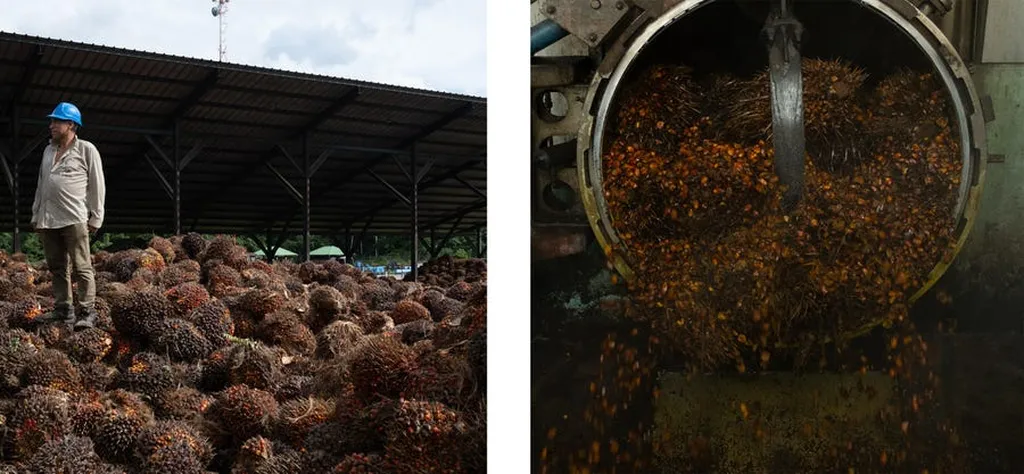In the heart of Malaysia, a novel approach to ground improvement is taking root, quite literally. Researchers at Universiti Malaysia Pahang Al-Sultan Abdullah have turned to an unlikely ally in the battle against expansive soils: the humble coconut shell. Their findings, published in the Magazine of Civil Engineering (Majalah Kejuruteraan Awam), could have significant implications for the construction and energy sectors, particularly in regions where expansive soils pose a challenge.
Dr. Jun Shen Ng, the lead author of the study, explains, “We were looking for a sustainable, locally available material that could enhance the shear strength of soft clay soils. Coconut shells, abundant in Malaysia, proved to be an excellent candidate.”
The research team crushed coconut shells to a size similar to coarse aggregate, using them to create granular columns in the soil. They employed the stone-column method, installing the columns through the Vibro-replacement technique. The results were promising, with the highest shear strength improvement recorded when the column height was 100 mm, resulting in a 28.51% increase.
This innovative approach could have significant commercial impacts, particularly in the energy sector. Expansive soils can cause significant damage to infrastructure, leading to costly repairs and maintenance. By using locally available, renewable resources like coconut shells, construction and energy companies could reduce their environmental impact while improving the stability of their structures.
Moreover, the use of coconut shells could help to reduce the demand for non-renewable resources like sand and gravel, which are often used in ground improvement techniques. This could lead to more sustainable construction practices and help to preserve natural resources.
The research also opens up new avenues for future developments in the field. As Dr. Ng notes, “This is just the beginning. We are already exploring the use of other agricultural waste materials in ground improvement techniques. The potential is enormous.”
The study’s findings are a testament to the power of innovation and sustainability in tackling complex engineering challenges. As the world grapples with the effects of climate change and resource depletion, such approaches could pave the way for a more resilient and sustainable future.
In the words of Dr. Ng, “We are not just improving the ground; we are building a better future.” And with the use of coconut shells, it seems they are doing just that, one column at a time.

